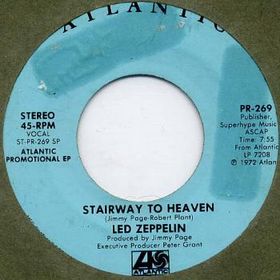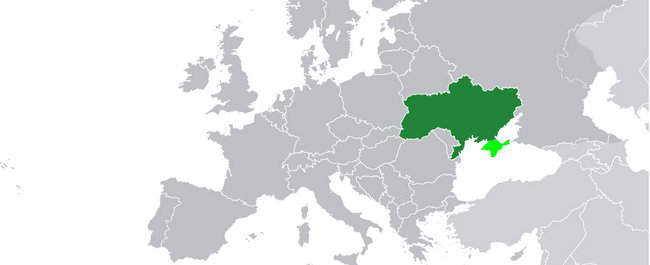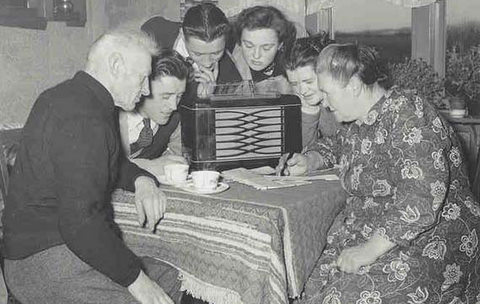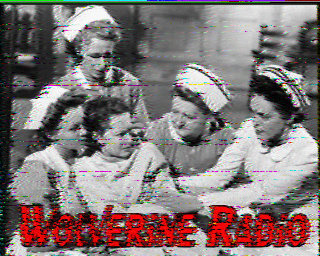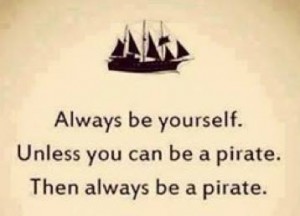 Many assume that pirate radio operators only exist to interfere with commercial broadcasters–this couldn’t be further from the truth.
Many assume that pirate radio operators only exist to interfere with commercial broadcasters–this couldn’t be further from the truth.
Indeed, there are few “jammers” on the air; most pirates broadcast on unoccupied frequencies and play content that isn’t widely available on the commercial airwaves.
Many thanks to Mike Hansgen for sharing this article from The Boston Globe which takes a sympathetic view of FM pirates who had served minority communities–at least, before they were shut down by the FCC:
“Although illegal, such radio stations are a vital resource in immigrant and minority neighborhoods that are underserved by commercial mainstream broadcasters, advocates contend. In addition to playing music with an ethnic flair that’s heard nowhere else on the dial, many unlicensed community radio stations feature talk programming that encourages listener participation on topical issues such as immigration, local and international politics, and sports from back home.
“It’s sad to see that [federal agents] shut them down, because even though they are pirate stations, they truly are the main source of communication in those communities,” said Yessenia Alfaro, director of organizing at Chelsea Collaborative , a social justice nonprofit. “It certainly has a negative impact when they shut these down. They are the main outreach vehicle for people who speak a different language.”
Some outfits, like Radio Uganda Boston in Waltham, opt to have an online presence outside of radio, but many new immigrants and low-income families have no access to computers or can’t afford the monthly bills for Internet access, Alfaro said. Many also cannot read, even in their native language, rendering radio the only source for information, she added.
Despite the potential for tens of thousands of dollars in fines and seizure of transmitting equipment, “pirates” continue to take the risk in order to serve the underserved, said Bruce Conti, a longtime radio enthusiast from Nashua and the international radio columnist for the National Radio Club magazine DX News.
Even if they have tried to operate legally, most individuals have been priced out of potential station ownership under relaxed FCC rules that have the majority of radio stations owned by large corporations, like Clear Channel and CBS, Conti said in an e-mail. There are also no available open broadcasting channels to be had in Greater Boston.
“So an interested buyer can only wait for an existing radio station to become available/for sale, again driving up the cost of entry,” he wrote. “Licensed commercial radio stations in the Boston metro area have abandoned service to the inner city, so most . . . pirate radio stations in Boston are filling a void.”
[Continue Reading…]”
 This year, at the 2014 Dayton Hamvention, I had the pleasure of meeting a number of SWLing Post readers–truly a highlight for me at the convention.
This year, at the 2014 Dayton Hamvention, I had the pleasure of meeting a number of SWLing Post readers–truly a highlight for me at the convention.
